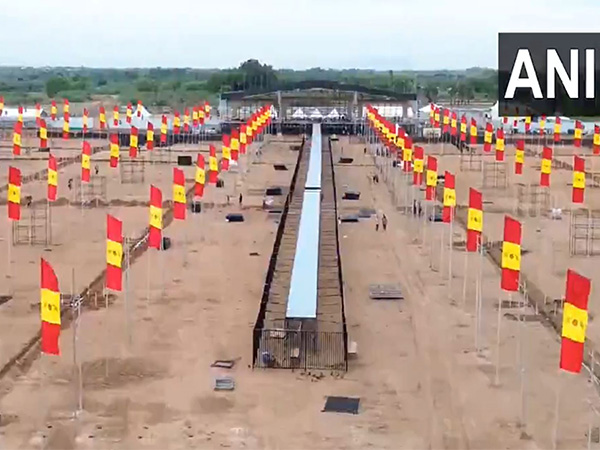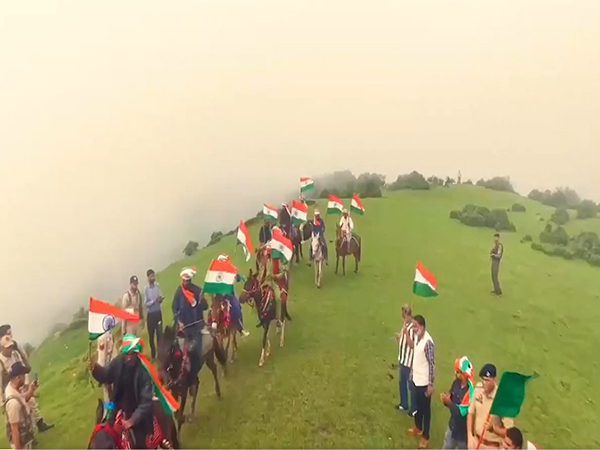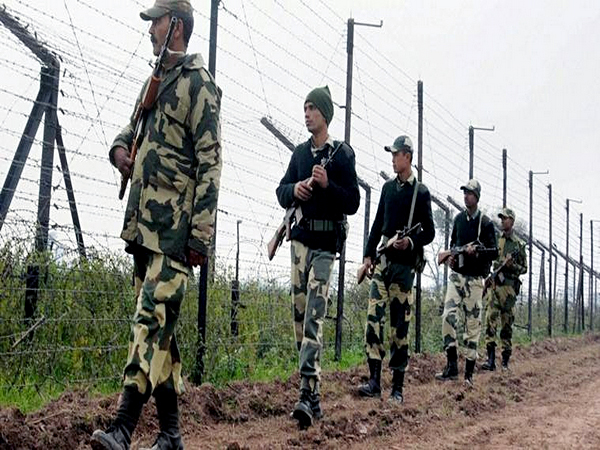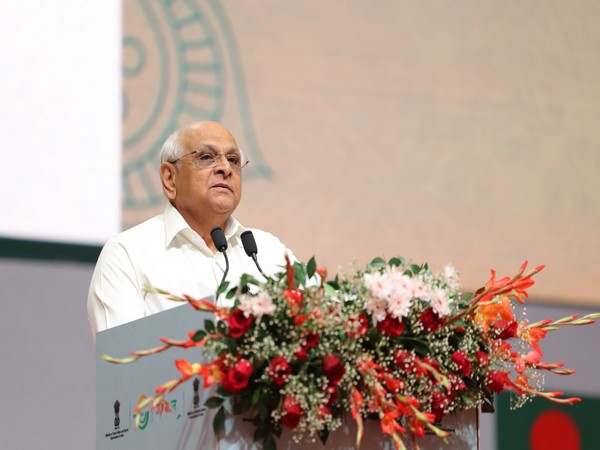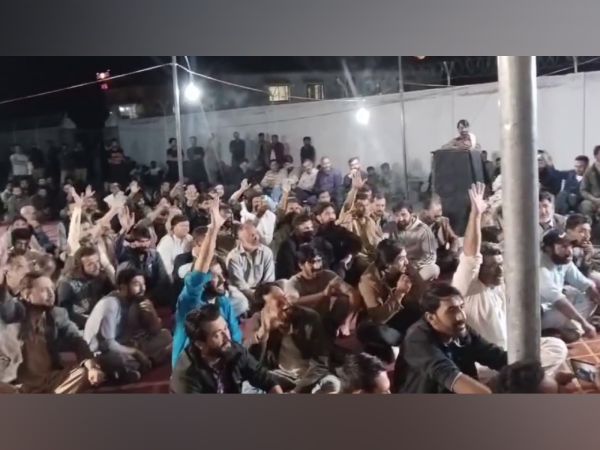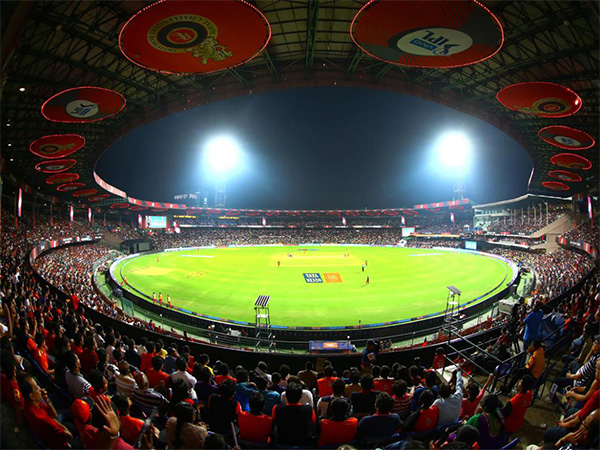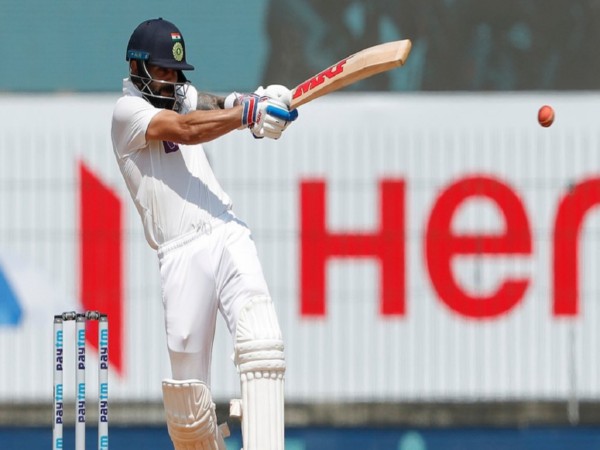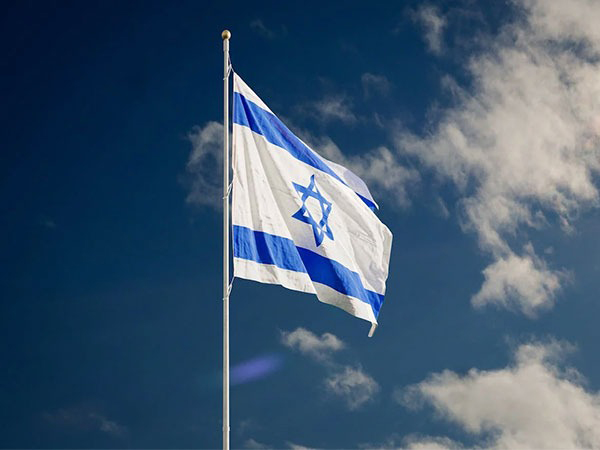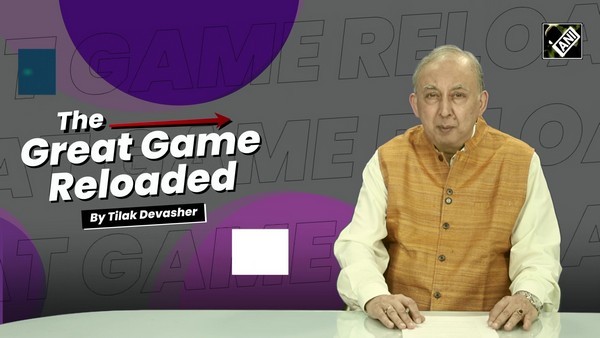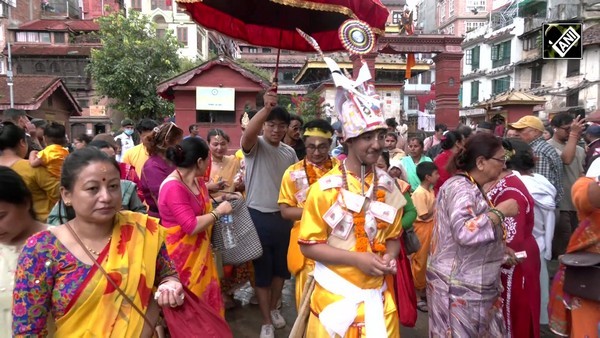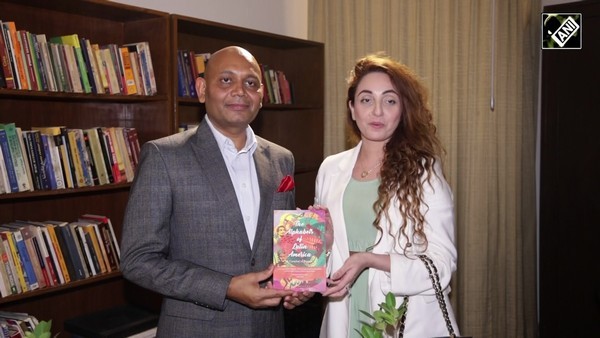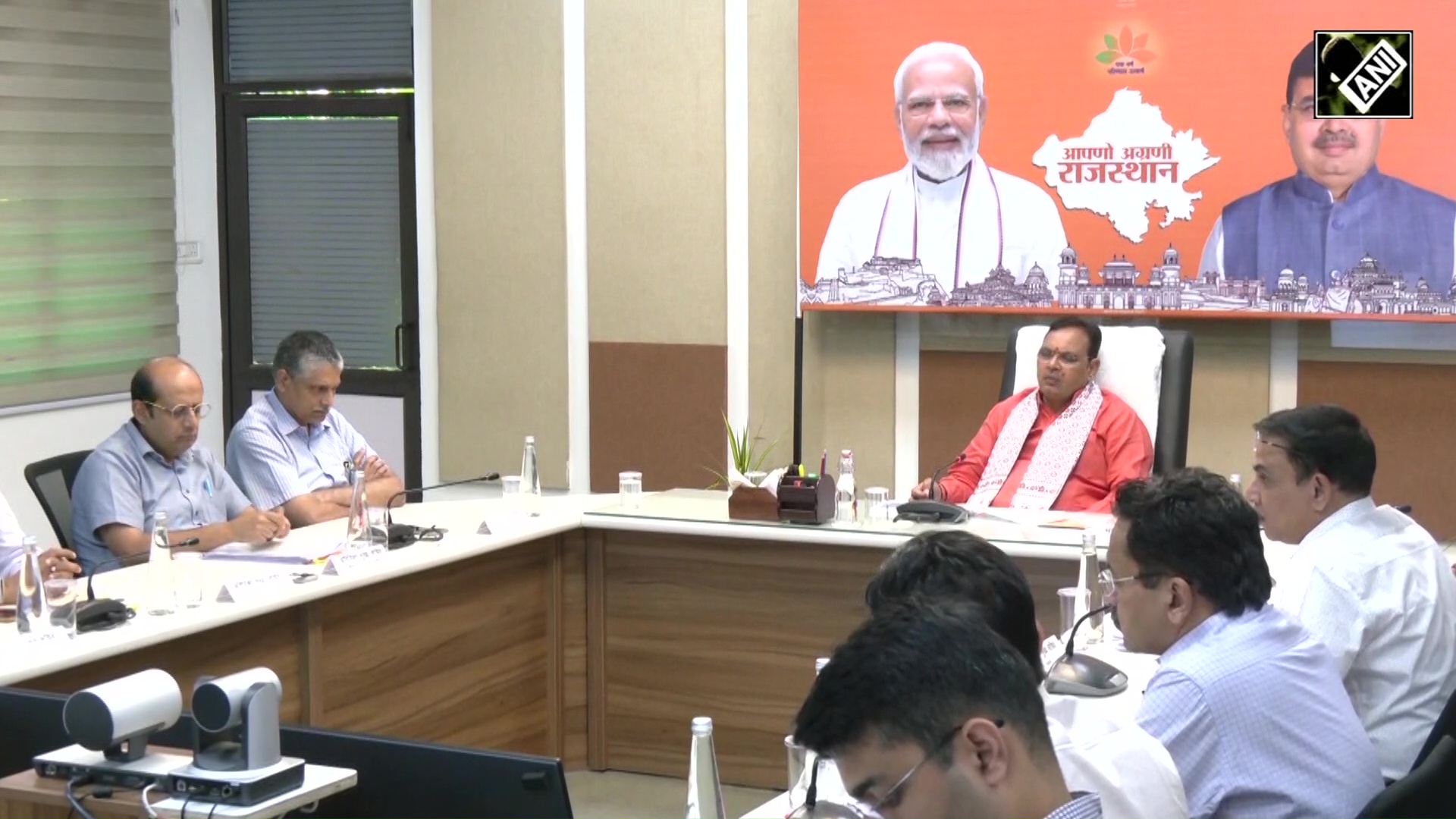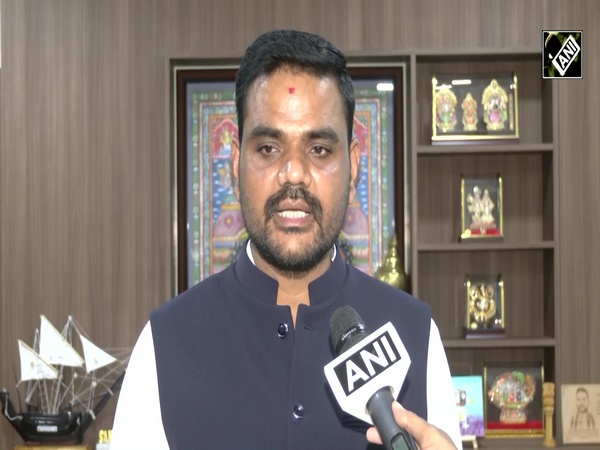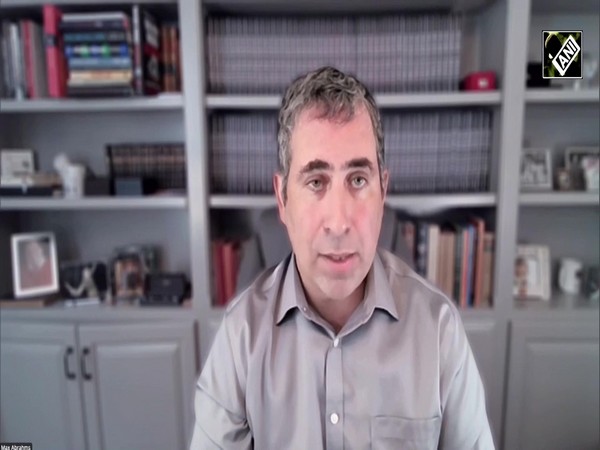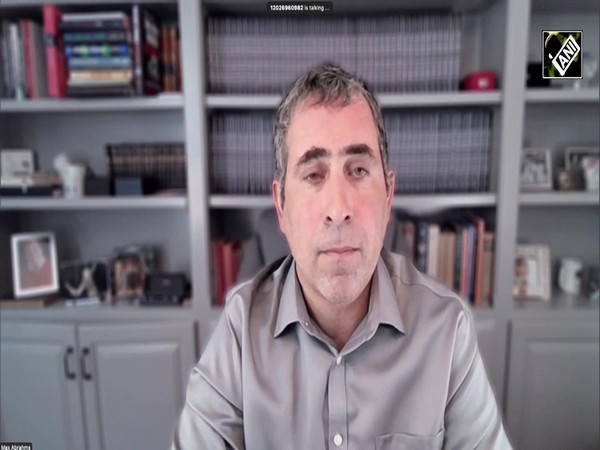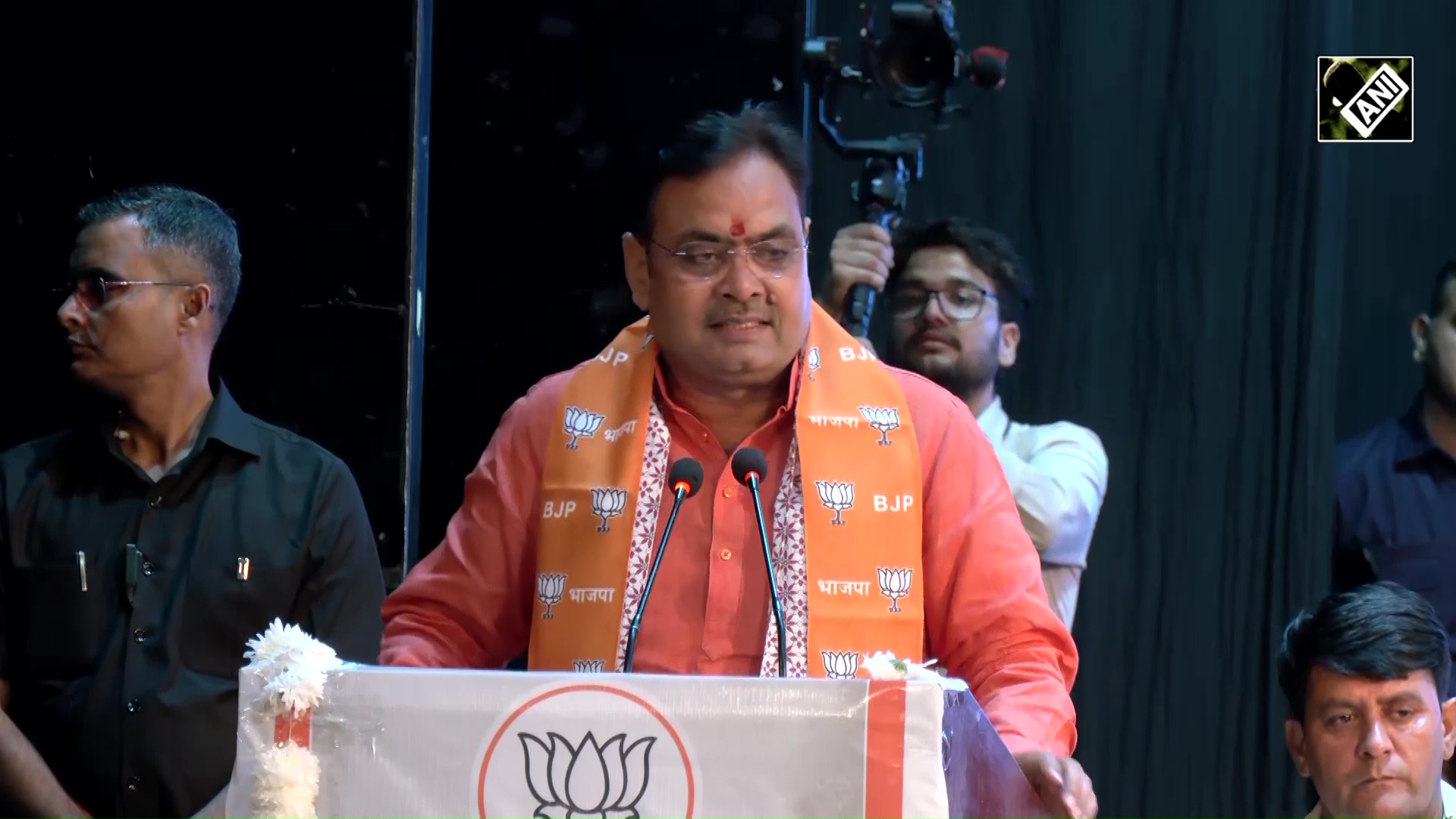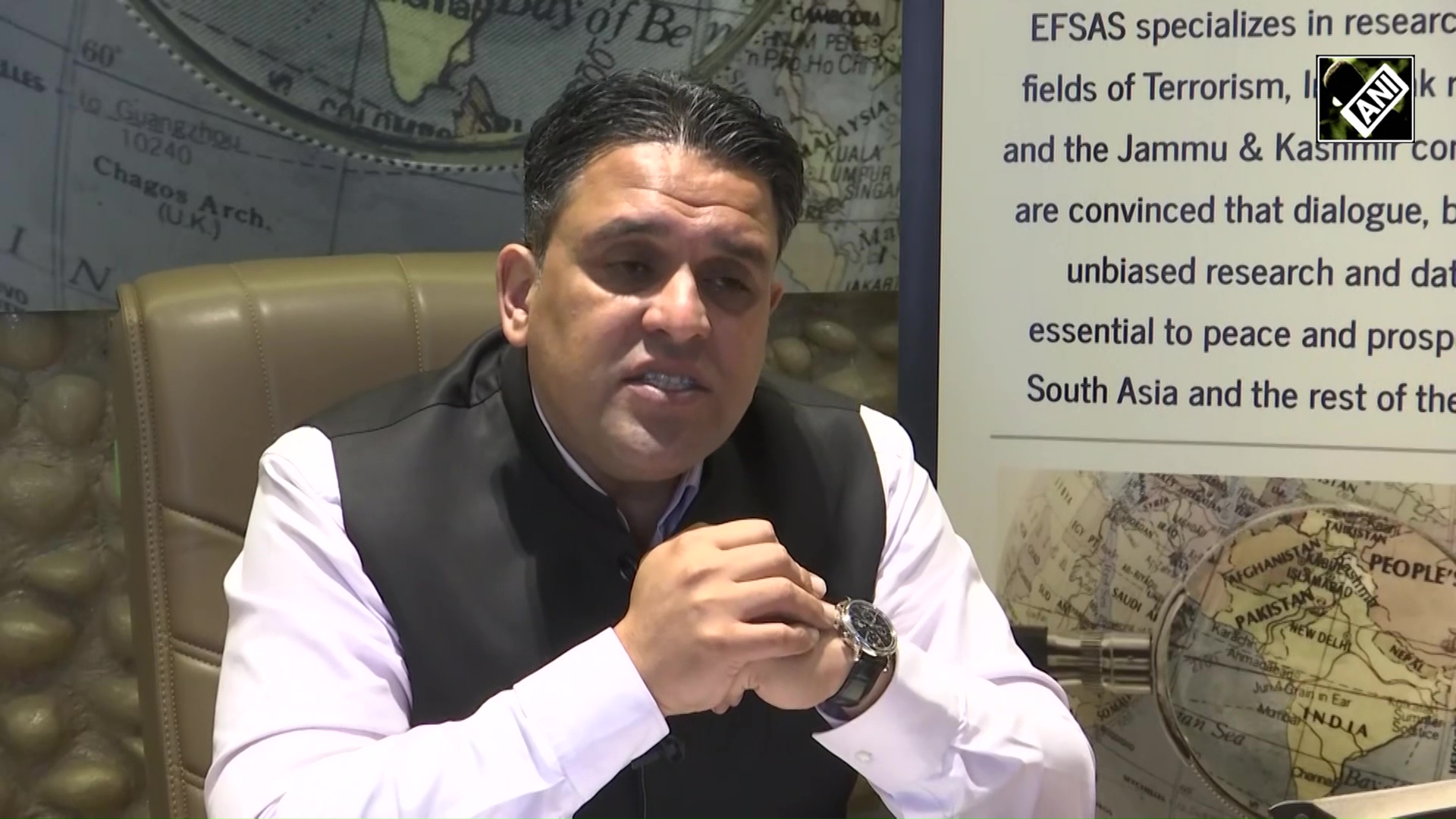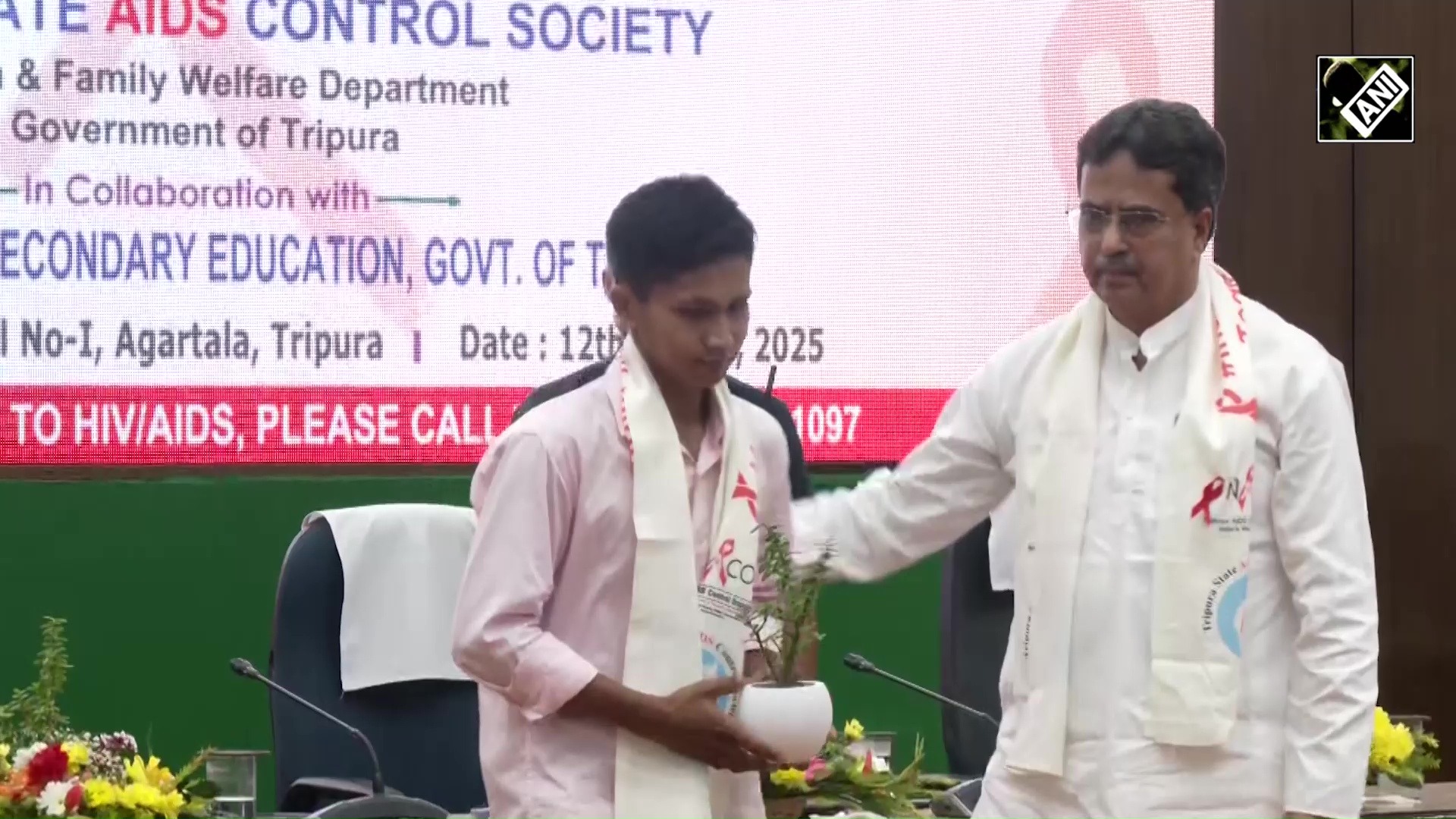1984 anti-Sikh riots Tytler case: Court concludes cross-examination of Lakhvinder Kaur, widow of Badal Singh
Nov 12, 2024

New Delhi [India], November 12 : The Rouse Avenue court on Tuesday concluded the recording of the cross-examination of Lakhvinder Kaur, widow of Badal Singh who was killed by a mob at Gurudwara Pul Bangash during the 1984 Anti-Sikh riots. Badal Singh was a ragi in the Gurudwara Pul Bangash.
In this case, Congress leader Jagdish Tytler is an accused. This case is linked with the killings of three Sikhs at Gurudwara Pul Bangash in 1984.
The Special Central Bureau of Investigation(CBI) Judge, Jitendra Singh, recorded the cross-examination of Lakhwinder Singh. Counsel for Jagdish Tytler cross-examined the witness.
The court has summoned another witness, Manmohan Kaur for the recording of her evidence. Her father was allegedly killed in the riots.
During the hearing, advocate Anil Kumar Sharma along with Anuj Sharma cross-examined the witness Lakhvinder Kaur. He argued that she stated that what she has stated that whatever she stated about the incident of killing of her husband was based on what Granthi Surender Singh told her in Karkardooma Court in April 2008.
Advocate Anil Sharma argued that the witness was lying as Surender Singh was in the USA at the given time.
He was in the USA from February to December 2008. The CBI recorded his statement. It is the case of CBI. So, how could she meet Surender Singh in April 2008 in Karkardooma Court? He died in 2009. It shows that the witness is lying, advocate Sharma argued.
She objected to the submissions and said that these arguments are wrong to suggest.
In her evidence in previous hearings, she had deposed that she was told by granthi Surender Singh that her husband Badal Singh was killed by the mob at Gurudwara Pul Bangash and Tytler was inciting the rioters.
She also had deposed that Singh told her that Tytler was telling the rioting mob "Sikho ko mar do Ujad do, Gurudwara ko aag laga do".
Her husband Badal Singh and two were killed in the riots outside Pul Bangash Gurudwara on November 1, 1984.
The Rouse Avenue court had framed charges against Congress Leader Jagdish Tytler on September 13.
Before the court, Lakhvinder deposed that hare Marriage was solemnised in 1981. Her husband Badal Singh was working as a ragi in Gurudwara Pul Bangash.
"My husband expired on November 1, 1984, at Gurudwara Pul Bangash during the court of the anti-Sikh riots of the year 1984," Lakhvinder Kaur stated.
He had dropped me at the village in Muzaffarnagar about two days before the date of the incident and he came back to Delhi, she added.
She had deposed that Upon learning of the murder of my husband after 5 days She came to Delhi with my father-in-law. My elder daughter was ten months old. The younger daughter was born after the death of my husband.
In her deposition, she had stated that In 2008 Surender Singh Granthi met her in Karkardooma Court to attend the proceedings of cases of 1984 anti-Sikh riots.
He upon recognising her as the wife of Badal Singh, described the incidents wherein her husband was killed at Gurudwara Pul Bangash.
He told her that he had seen Badal Singh exiting the said gurudwara and a mob took out the kirpan and stabbed him to death, she deposed.
He also told her that he saw the present accused Jagdish Tytler come there and incite the mob. Tytler was saying "Sikhon ko mar do, ujad do, gurudwara ko aag laga do," she added.
After learning of the murder of my husband I contacted my lawyer who moved an application in Karkardooma Court for investigation of the case, she stated.
She also deposed that the other persons who were affected by the riots also consulted me. They gave the same information and the entire information given by me is included in the application.
The counsel of the accused had opposed the statement of the witness that is based on the account of Surendra Singh and the same is in the nature of hearsay evidence and the same is not admissible.
On the other hand, the Public Prosecutor for CBI submitted that the admissibility is a matter of consideration after the conclusion of evidence.
